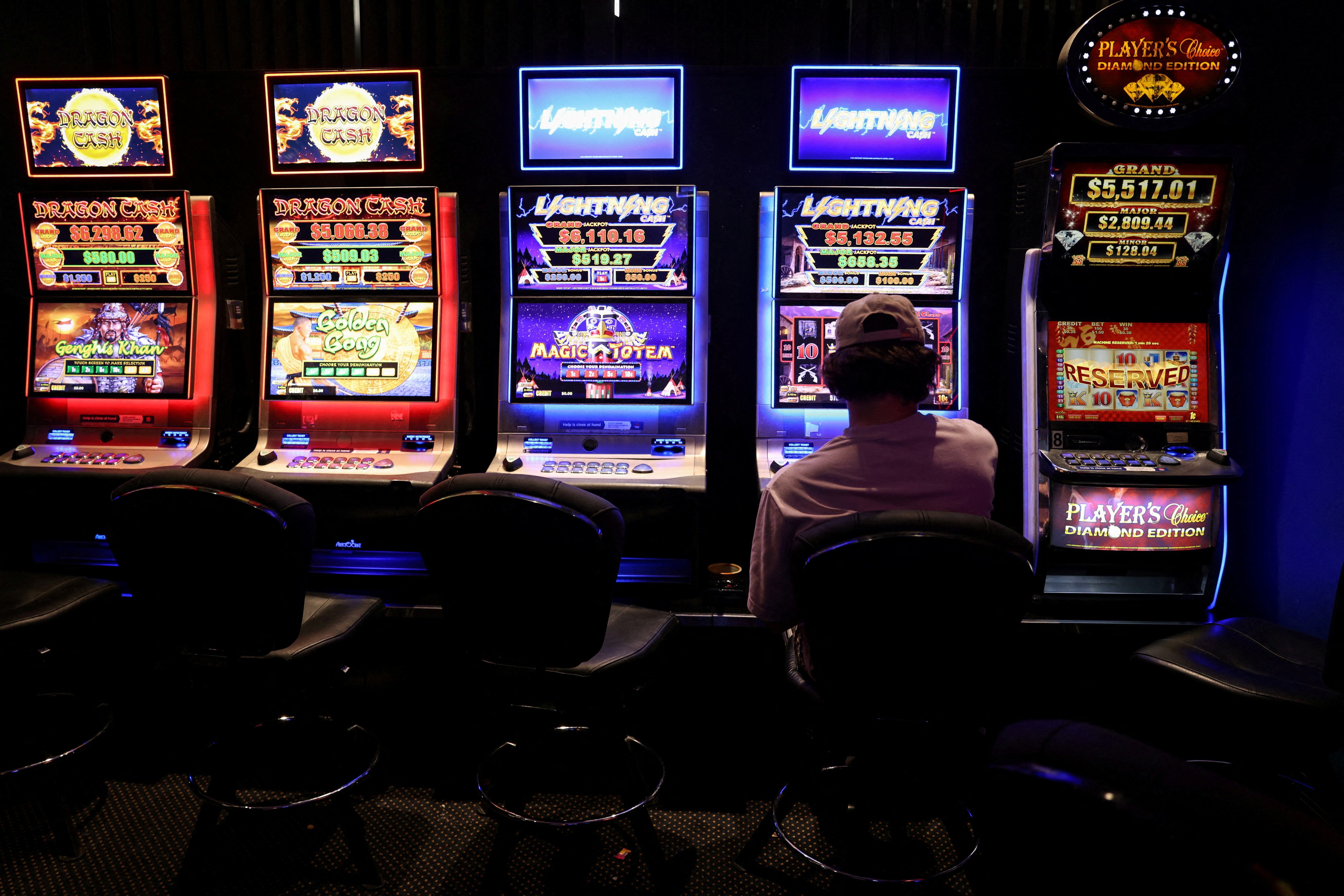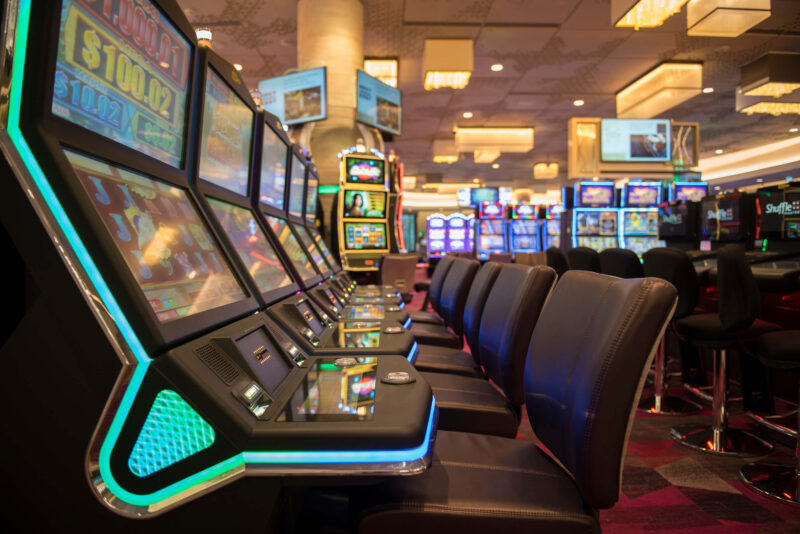In the vibrant world of online gaming, where flashing lights and the promise of jackpots beckon players, understanding the intricate dance between Return to Player (RTP) and slot payouts can feel like unraveling a complex tapestry. RTP, often shrouded in mystery, represents the percentage of total bets that a slot machine returns to players over time.
But what does this really mean for the everyday gamer, peering into the screen with hopes of hitting the big win? The connection between RTP and slot payouts can reveal a myriad of insights, including the role of volatility, the significance of game design, and the psychological factors that influence betting behavior. From casual players to seasoned high rollers, everyone seeks to decode the underlying mechanics that determine their fate.
In this article, we will delve deep into these elements, illuminating the nuances that make every spin not just a gamble, but a calculated venture into the realm of chance.
What is RTP: Definition and Importance

Return to Player (RTP) is a critical concept in the realm of online gambling, representing the percentage of wagered money that a slot machine is designed to pay back to players over time. Essentially, if a slot game has an RTP of 95%, it means that, theoretically, for every $100 wagered, $95 would be returned to players in winnings while $5 would be retained by the house.
Understanding RTP is of paramount importance, as it not only informs players about the potential profitability of a game but also influences their decision-making process regarding which slots to engage with. Higher RTPs generally indicate better odds for players, creating a compelling dynamic that can affect overall gameplay experience.
By grasping the implications of RTP, gamblers can make more informed choices, thereby enhancing their likelihood of achieving favorable returns while navigating the vibrant and often unpredictable world of slot machines.
How RTP is Calculated in Slot Machines

The calculation of Return to Player (RTP) in slot machines is a fascinating blend of mathematics and probability, encapsulating the essence of gaming economics. Essentially, RTP represents the percentage of wagered money that a slot machine is programmed to return to players over an extended period.
This figure isnt derived from a snippet of play; rather, it emerges from the machines mathematical model, which simulates countless spins to ensure a fair and balanced payout structure. For example, a slot machine boasting an RTP of 95% implies that, theoretically, players can expect to receive back $95 for every $100 wagered, but this is merely a long-run expectation.
Its crucial to remember that individual sessions can vary wildly, influenced by the volatility of the game, the frequency of wins, and the size of payouts. Thus, an understanding of RTP reveals more than just a number; it unveils the intricate workings of chance and strategy that keep players intrigued, engaged, and often, at the edge of their seats.
The Role of Variance in Slot Payouts

Variance, often referred to as volatility, plays a pivotal role in shaping the dynamics of slot payouts, influencing both the risk and reward of gameplay. Some slots are designed with high variance, meaning players can experience fewer wins, but when they do hit a payout, it can be substantial.
This bodes well for thrill-seekers who relish the excitement of chasing big jackpots, despite the potential for extended dry spells. On the flip side, low-variance slots provide a steadier stream of smaller wins, appealing to those who prefer a more consistent, albeit less lucrative, gaming experience.
Striking the right balance between these two extremes is essential for players looking to align their strategies with their risk tolerance. Thus, understanding how variance affects potential payouts is integral to making informed choices on which slots to play, ultimately enhancing the overall gaming experience.
Conclusion
In conclusion, grasping the relationship between Return to Player (RTP) and slot payouts is essential for both novice and experienced players seeking to maximize their gaming experience. Understanding RTP allows players to make informed decisions about which games to choose, ultimately enhancing their chances for successful outcomes.
Additionally, platforms like Go79 provide valuable insights and resources, enabling players to explore various slots and their respective RTPs effectively. By taking the time to familiarize themselves with this critical aspect of slot gaming, players can navigate the world of online casinos with confidence and a greater potential for rewards.


